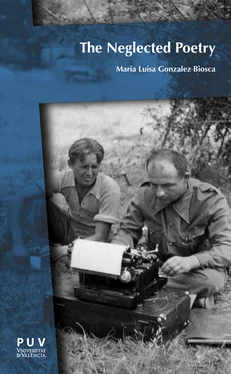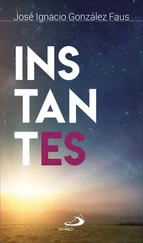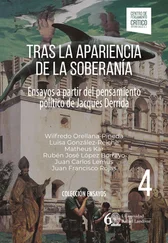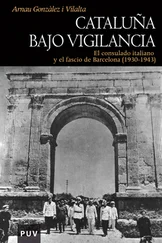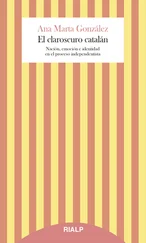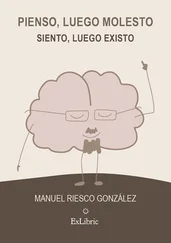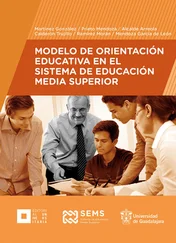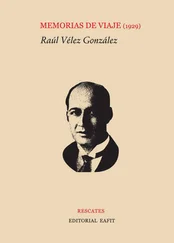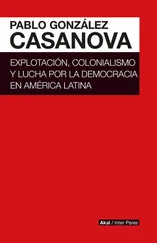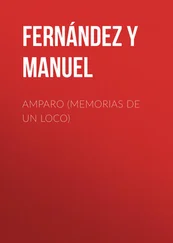The Neglected Poetry
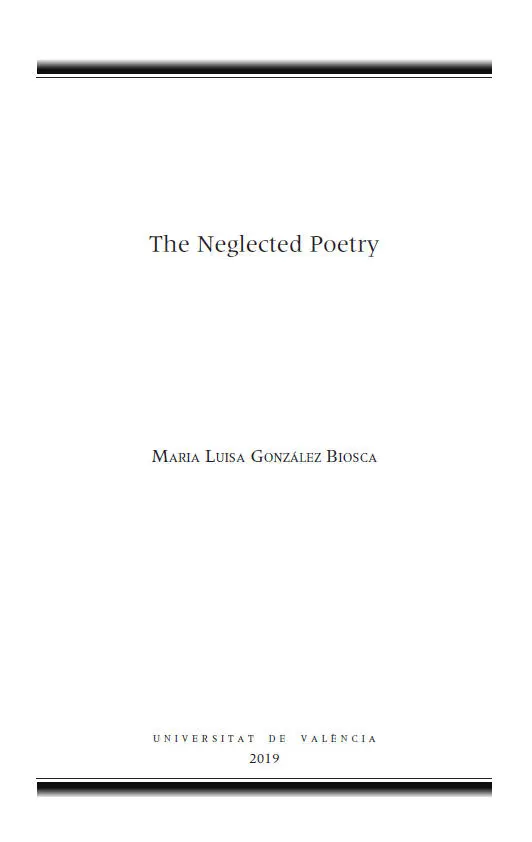
ENGLISH IN THE WORLD SERIES
GENERAL EDITOR
Antonia Sánchez Macarro
Universitat de València, Spain
ADVISORY EDITORIAL BOARD
Professor Enrique Bernárdez
Universidad Complutense de Madrid, Spain
Professor Anne Burns
Macquarie University, Sydney, Australia
Professor Angela Downing
Universidad Complutense de Madrid, Spain
Dr Martin Hewings
University of Birmingham, Great Britain
Professor Ken Hyland
University of East Anglia, Norwich, Great Britain
Professor James Lantolf
Penn State University, Pennsylvania, USA
Professor Michael McCarthy
University of Nottingham, Great Britain
Professor Eija Ventola
University of Helsinki, Findland
© Maria Luisa Gonzalez Biosca
© 2019 by the Universitat de València
Design and typeset: Celso Hdez. de la Figuera Cover design by Pere Fuster (Borràs i Talens Assessors SL) Cover image: Intérprete Salomon escribiendo a máquina. Aragón 1938 © (Archivo Fotográfico AABI)
ISBN: 978-84-9134-472-8
CONTENTS
Acknowledgements Acknowledgements First of all, I would like to show my appreciation to the person who woke my interest in poetry, Peter Vickers, who had been my teacher of Phonology at the University of Valencia. I had asked him about some poets for a literary paper and then he suggested poets from the First World War. Peter recited Wilfred Owen’s “Strange Meeting” by heart. I can still hear the echo of his voice. I would also like to thank Concha de Sena, the person who put me in touch with Dr. Antonia Sánchez Macarro, a lecturer in Linguistics at the University of Valencia, who I am grateful to for her guidance and advice in the early stages of my research. My greatest thanks, however, go to Dr. Juan José Martínez Sierra who was enthusiastic about my research project since the very first moment I presented it to him, and who encouraged me to compile this Anthology. This Anthology owes its origin to a research project that took nearly four intensive years of research, preparation, deceptions and enlightenments, but eventually I believe it has led to fruitful work. I sincerely appreciate all the unnamed people in the archives and libraries who have kindly helped me.
Photographs
Illustrations
Introduction
Preliminary
1First Clues
1.1. The Beginning
1.2. Development of the Research
1.3. Selection of the Poets from the XV International Brigade
1.4. Selection of the Retrospective Poets
1.5. Selection of the Poets who supported the Spanish Republic from Abroad
2The Intervention of the International Brigades: The Answer to a False Agreement of Non-Intervention
2.1. The World-Wide Political Scenario
2.2. The Diplomatic Trench
2.3. Let Who is Free of Sin Throw the First Stone
2.4. The International Brigades Stand Up for the Spanish Republic: The Answer to a Farce
2.5. Knowing the XV Brigade: Who were they?
2.6. After the Battle: The Withdrawal of the Volunteers
3A Sea of Papers: The International Press in The Spanish War
3.1. The War Correspondents
3.2. The Press of the International Brigades in English
4Literary Influences
4.1. The Impact of the First World War Poetry on the Brigadists
4.2. Influence of Imagism and Aesthetic Currents of the Early Decades of the 20th Century
4.3. Overview of some Canonical Poets’ Influence on this Poetic Legacy
5Anthology and Stylistic Analysis
5.1. Corpus of the Brigadist Group and Stylistic Analyses
5.2. Corpus of the Retrospective Group and Stylistic Analyses
5.3. Corpus of the Abroad Group and Stylistic Analyses
6Conclusion
7Bibliography
7.1. Cited and Complementary Readings
7.2. Literary Webpages
7.3. Libraries and Newspaper Archives
7.4. Photographic Archives
7.5. Miscellaneous
Annex: Biographical Notes on the Poets and Information about the Publication Dates of the Poems
Brigadist group
Retrospective group
Abroad group
Acknowledgements
First of all, I would like to show my appreciation to the person who woke my interest in poetry, Peter Vickers, who had been my teacher of Phonology at the University of Valencia. I had asked him about some poets for a literary paper and then he suggested poets from the First World War. Peter recited Wilfred Owen’s “Strange Meeting” by heart. I can still hear the echo of his voice.
I would also like to thank Concha de Sena, the person who put me in touch with Dr. Antonia Sánchez Macarro, a lecturer in Linguistics at the University of Valencia, who I am grateful to for her guidance and advice in the early stages of my research. My greatest thanks, however, go to Dr. Juan José Martínez Sierra who was enthusiastic about my research project since the very first moment I presented it to him, and who encouraged me to compile this Anthology.
This Anthology owes its origin to a research project that took nearly four intensive years of research, preparation, deceptions and enlightenments, but eventually I believe it has led to fruitful work.
I sincerely appreciate all the unnamed people in the archives and libraries who have kindly helped me.
To my daughter Aitana and her father Francisco
IN SPAIN, and almost only in Spain, there still lives a spirit to resist the bureaucratic tyranny of the State and the intellectual intolerance of all doctrinaires. For that reason, all poets must follow the course of this struggle with open and passionate partisanship.
Herbert Read supports the Spanish Republic
in the survey Authors Take Sides on the Spanish War (1937)
If we are to preserve the heritage of our fathers, we must be prepared to fight as the gallant loyalists of Spain fought and died, holding back with their bodies and blood for two and a half years the flood of barbarism that swept over Europe until they succumbed to the strange indifference of democratic nations in whose defense they were valiantly fighting. World War II began in Spain 1936.
Claude G. Bowers,
former Ambassador of the United States of America in Spain
1933-1939.
My Mission to Spain. Watching The Rehearsal for World War Two New York, November 1953 (foreword vi)
Photographs
Photograph 1. The Canadian Dr. Norman Bethune set up the Servicio Canadiense de Transfusiones de Sangre in December 1937. He led his refrigerated field ambulance to the dressing stations at the frontline, to perform preserved blood transfusions to the wounded soldiers. Dr. Bethune poses besides the ambulance in Valencia. < http://www.canadainternational.gc.ca/spainespagne/media/bethune_photos_hd.aspx?lang=spa>.
Photgraph 2.Major Robert Merriman Chief of Staff of the 15 thInternational Brigade, Mars 1938. Photograph by Harry Randall: XV IB Photograf Collection. ALBA Photo 11-0122. The Tamiment Library and Robert F. Wagner Labor Archives, New York.
Photgraph 3.Philip Lucas Detro, Battalion Commander, Lincoln-Washington Novemver 1937. Photograph by Harry Randall: XV IB Photograf Collection. ALBA Photo 11-0608. The Tamiment Library and Robert F.Wagner Labor Archives, New York.
Читать дальше
